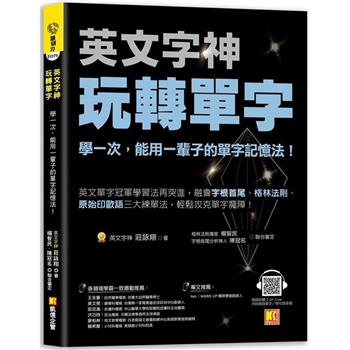Featuring 28 music examples this book takes an innovative approach to analyzing and interpreting nineteenth-century German song, offering new perspectives on Robert Schumann’s Lieder and song cycles.
Robert Schumann’s Lieder are among the richest and most complex songs in the repertoire and have long raised questions and stimulated discussion among scholars, performers, and listeners. Among the wide range of methodologies that have been used to understand and interpret his songs, one that has been conspicuously absent is an approach based on narratology (the theory and study of narrative texts). Proceeding from the premise that the performance of a Lied is a narrative act, in which the singer and pianist together function as a narrator, Andrew Weaver’s groundbreaking study proposes a comprehensive theory of narratology for the German Romantic Lied and song cycle, using Schumann’s complete song oeuvre as the test case. The theory, grounded in the work of narratologist Mieke Bal but also drawing upon recent work in literary theory and musicology, illuminates how music can open up new meanings for the poem, as well as how a narratological analysis of the poem can help us understand the music. Weaver’s book offers new insights into Schumann’s Lieder and the poetry he set while simultaneously proposing a methodology applicable to the analysis and interpretation of a wide range of works, including not only the rich treasury of German Lieder but also potentially any genre of accompanied song in any language from the Middle Ages to the present day.| FindBook |
有 1 項符合
Narrative and Robert Schumann’s Songs: A New Approach to the Romantic Lied的圖書 |
 |
Narrative and Robert Schumann’s Songs: A New Approach to the Romantic Lied 作者:Weaver 出版社:University of Rochester Press 出版日期:2024-06-18 語言:英文 規格:精裝 / 288頁 / 普通級/ 初版 |
| 圖書館借閱 |
| 國家圖書館 | 全國圖書書目資訊網 | 國立公共資訊圖書館 | 電子書服務平台 | MetaCat 跨館整合查詢 |
| 臺北市立圖書館 | 新北市立圖書館 | 基隆市公共圖書館 | 桃園市立圖書館 | 新竹縣公共圖書館 |
| 苗栗縣立圖書館 | 臺中市立圖書館 | 彰化縣公共圖書館 | 南投縣文化局 | 雲林縣公共圖書館 |
| 嘉義縣圖書館 | 臺南市立圖書館 | 高雄市立圖書館 | 屏東縣公共圖書館 | 宜蘭縣公共圖書館 |
| 花蓮縣文化局 | 臺東縣文化處 |
|
|
圖書介紹 - 資料來源:博客來 評分:
圖書名稱:Narrative and Robert Schumann’s Songs: A New Approach to the Romantic Lied
|











